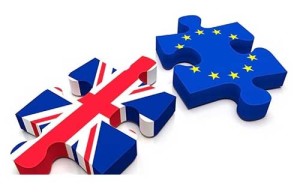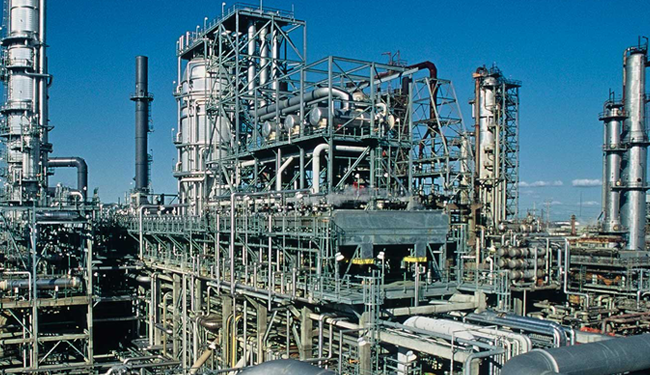It would have been tempting to suggest it was a good day to bury bad news – except, given the state of the world at the moment, you could say that about virtually any day.
Yet Wrap’s report on progress of the industry’s flagship Plastic Pact, which came out yesterday, has received remarkably little attention. Even though it is the key vehicle to show the industry’s response to the war on plastic, which, despite the pandemic and Brexit negotiations, remains a huge issue of public concern.
Perhaps the industry can thank its lucky stars that others are preoccupied, because despite some positive achievements, the results show that, at best, it is making mixed progress.
Yes, the amount of “problem” plastics has been slashed by 40% since the last report, with progress on items such as cotton buds and plastic cutlery.
But the percentage of products that are reusable, recyclable or compostable has barely budged since the Pact began. In fact, it would have gone up were it not for a change in the way the baseline was generated.
One of the biggest issues is the flexible plastic film used to cover a raft of products like cheese, salads and bread. This accounts for around a quarter of all the plastic that is still not recyclable.
At last count, the figure for consumer film stood at a whopping 311k tonnes, of which a paltry 6% was recycled.
All of this would be worrying enough, yet what is perhaps most alarming is that Wrap’s Plastics Pact report does not even take into account what has happened to plastic production since the Covid pandemic began.
A recent report by Valpak suggests that unlike virtually every other industry, plastic production increased in the grocery sector during the crisis, as shoppers turned away from loose fruit & veg, plastic bag charges were suspended, and families opted for larger packs of food and drink.
Valpak estimated that it will take at least two years for that figure to be back below 2020 levels.
So sadly, the Plastics Pact, which began declaring itself a “trailblazing, collaborative initiative” that would create a circular economy for plastics, looks as if it will have overseen a backwards step.
Of course, it would be ridiculous to downplay the impact of the pandemic and suggest there aren’t valid reasons for some of the setbacks.
There are also bright lights on the horizon. Moves such as Tesco’s exciting trial of recycled film for its cheese products, Asda’s sustainability store, with its refilling stations, and many other pilots carried out by retailers show they are far from turning their backs on the issue.
Wrap is due to publish a new list of products on the “blacklist” in the spring, which hopefully will make the situation clearer for suppliers. However, surely a lot more needs to be done to make the data more current: the lessons on food waste and the key role of transparency of reporting have not yet been fully absorbed.
Meanwhile, government ‘big stick’ regulation is also promised. A tax on single-use plastic is due in 2022, though there are already worrying signs that, just as with the sugar tax, this will simply see suppliers duck below the 30% threshold for recycled plastic and go no further.
Retailers and suppliers are also grappling with major food safety issues when it come to getting rid of film, with Tesco warning that in the end the tax is likely to lead to price rises for consumers.
Meanwhile DRS, that other much talked-about weapon, has suffered another setback, with The Grocer revealing it is not now due until at least 2024.
Yet as the current threats of the pandemic and EU transition (hopefully) become less chronic in the months to come, pressure will no doubt build on the industry to prove it is succeeding in this war.
It’s vital that it can produce evidence that is both more up to date and convincing – or the public backlash that follows is likely to force politicians to go much further.





